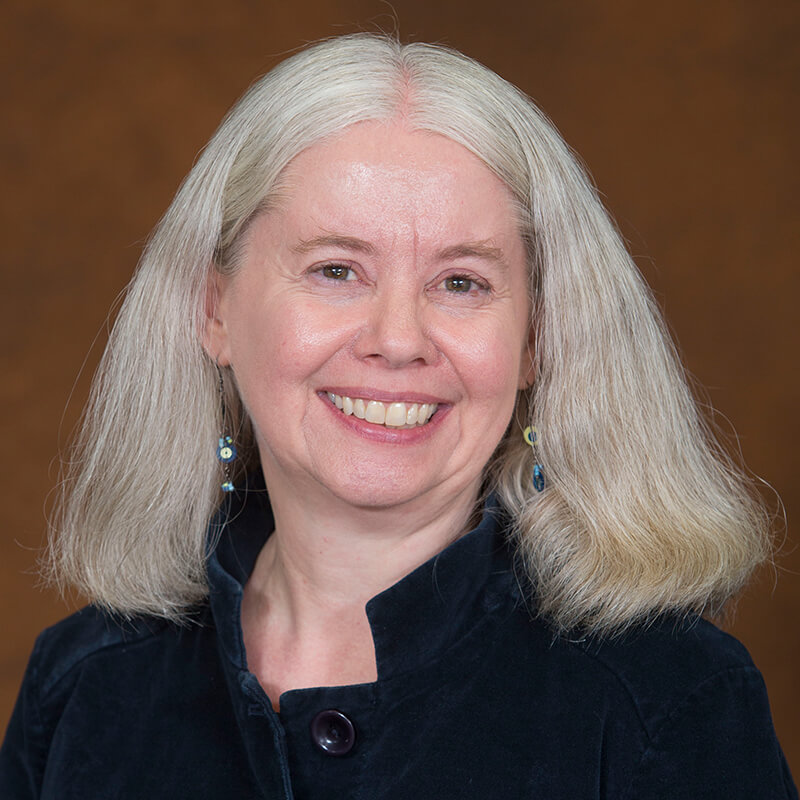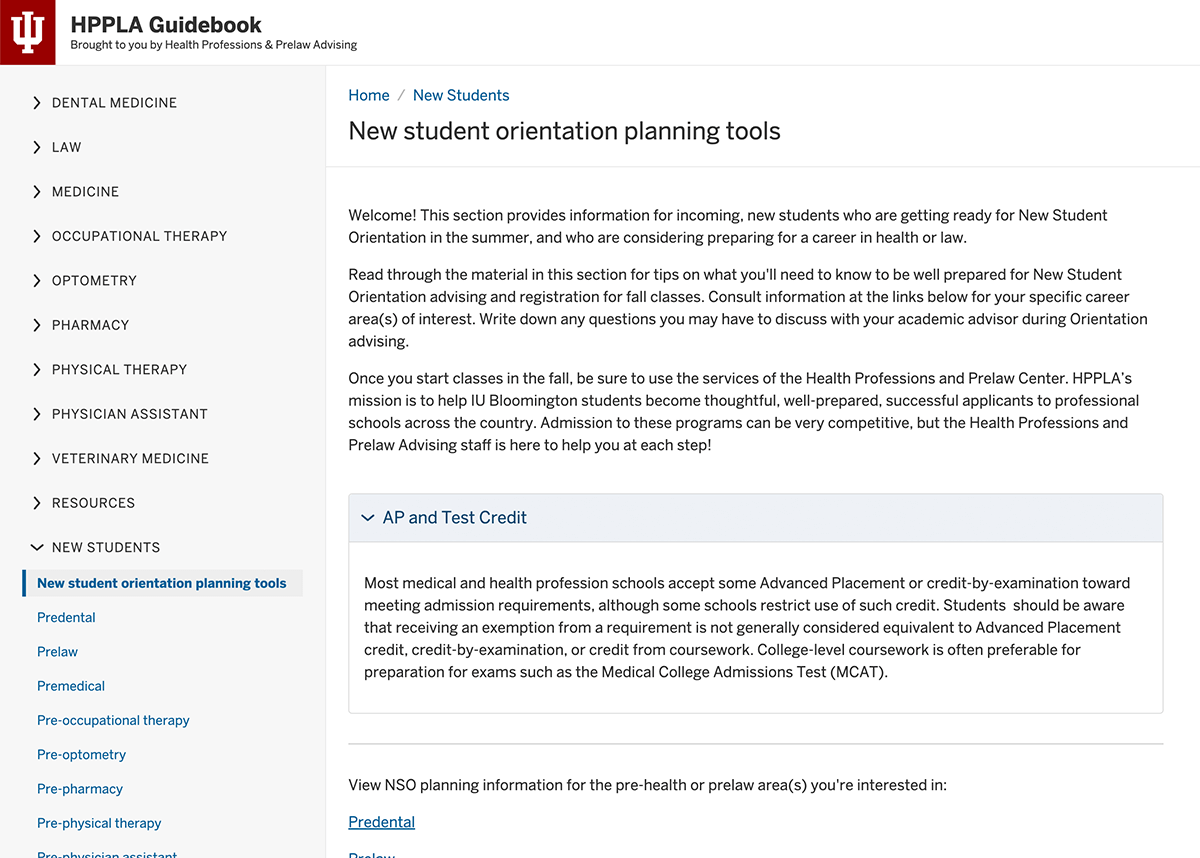Welcome! Health Professions & Prelaw Advising has a unique mission on the Indiana University Bloomington campus. Our office is wholly dedicated to the success of IU students seeking admission into professional programs in law, medicine, and other health professions.
Our Guidebook offers all original content written by our advisors, who collectively draw on decades of experience in helping thousands of students just like you gain admission to professional schools.
We’d like to connect with you in person, too. Please schedule an appointment with one of our advisors and attend our events throughout the year to learn steps you can take to enhance your success. We look forward to working with you!




